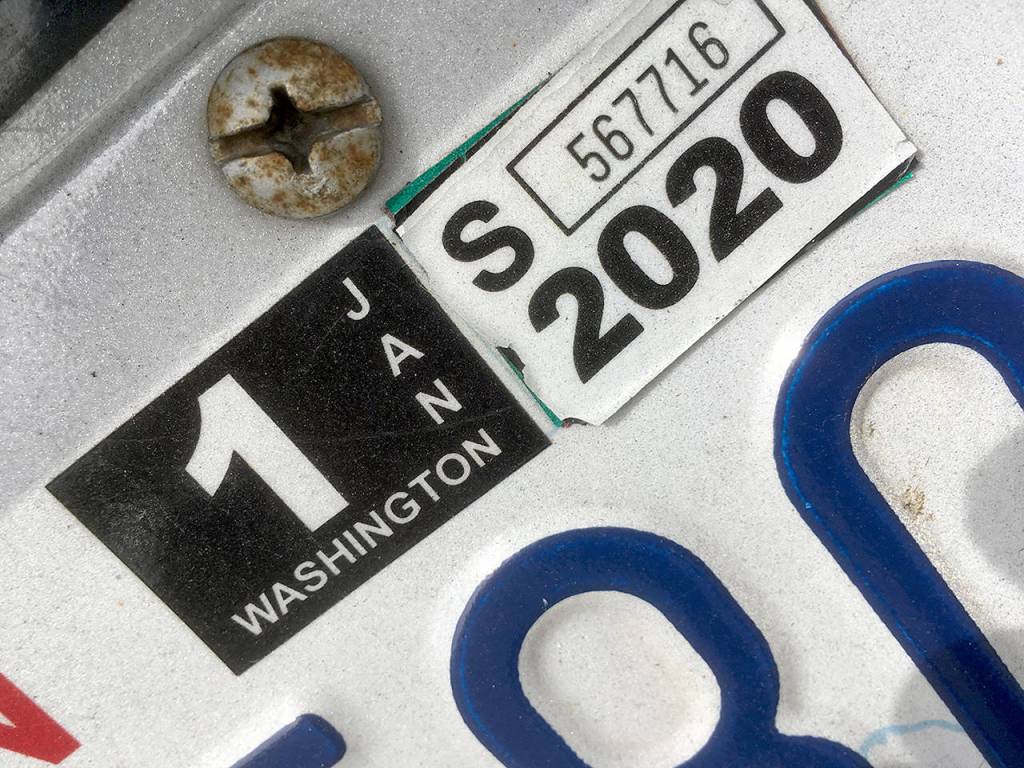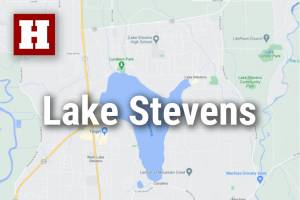High court tackles legality of Sound Transit car-tab fees
Published 1:30 am Tuesday, September 10, 2019


OLYMPIA — A legal tussle spurred by the latest voter-approved increase in Sound Transit car tabs reaches the state Supreme Court Tuesday.
Justices will take up the case of seven residents, including three from Snohomish County, who want to erase the rate hike approved by voters in 2016 to pay for Sound Transit 3 and refund the hundreds of millions of dollars that’s been collected from it.
Those taxpayers from the transit agency’s three-county service area contend the rise in the Motor Vehicle Excise Tax rate isn’t legal because it resulted from an unconstitutional provision in the state law that enabled Sound Transit to put the expansion plan on the ballot.
Attorneys for Sound Transit and the state counter that law, passed in 2015, is constitutional. A lower court upheld the law.
The hearing is set to begin at 1:30 p.m. It will be streamed live on www.tvw.org
The lawsuit targets a piece of the financing package for Sound Transit 3, the $54 billion expansion that passed on the strength of support in Snohomish and King counties. It was rejected by voters in Pierce County.
It adds 62 miles of new Link light-rail line, including an extension to Everett Station by 2036, via Paine Field.
To pay for the upgrades, the sales tax went up half a percent within the district. There’s also a new property tax assessment of 25 cents for each $1,000 of assessed valuation. And the tax rate for figuring car tab fees went from 0.3% to 1.1%.
The lawsuit does not affect the sales and property taxes approved by voters.
It does seek to roll back the car tab fee to 0.3%, a move which Sound Transit attorneys say in court papers says will result in a loss of billions of dollars in collections and have a “drastic impact” on the authority’s ability to build the voter-approved ST3 projects.
At the center of the legal fight are the rules guiding the calculation of the MVET.
Sound Transit calibrates car tab fees using the excise tax rate approved by voters and vehicle depreciation schedule drawn up by the state in 1996 that tends to overvalue older vehicles.
In 2006, lawmakers drew up a new depreciation schedule that better reflects a car’s actual value.
But the 2015 law clearing the way for ST3 to go to the ballot permitted Sound Transit to keep using the older vehicle valuation schedule until 2028. That’s when original bonds sold using the older valuation schedule expire. At that point Sound Transit is required to switch.
In a filing with the court, attorneys for the taxpayers argue the wording in of the 2015 law “provided inadequate guidance to legislators, voters, and future taxpayers of the taxes authorized by this statute.” And, it adds, “even the most diligent search” would not reveal the actual valuation schedule to be used by Sound Transit.
But, in its response, Sound Transit lawyers point out lawmakers understood the ramifications of their decision. The state Senate debated and rejected an amendment requiring use of the newer depreciation schedule. A similar proposal failed in the House Transportation Committee.
Attorneys Joel Ard of Bainbridge Island and David DeWolf of Spokane are representing the residents, which include Roger and Mary Struthers, of Mukilteo, and Frank Maietto, of Snohomish. All three Snohomish County residents have backed car tab limiting initiatives pushed by Tim Eyman, of Mukilteo.
Jerry Cornfield: 360-352-8623; jcornfield@herald net.com. Twitter: @dospueblos






